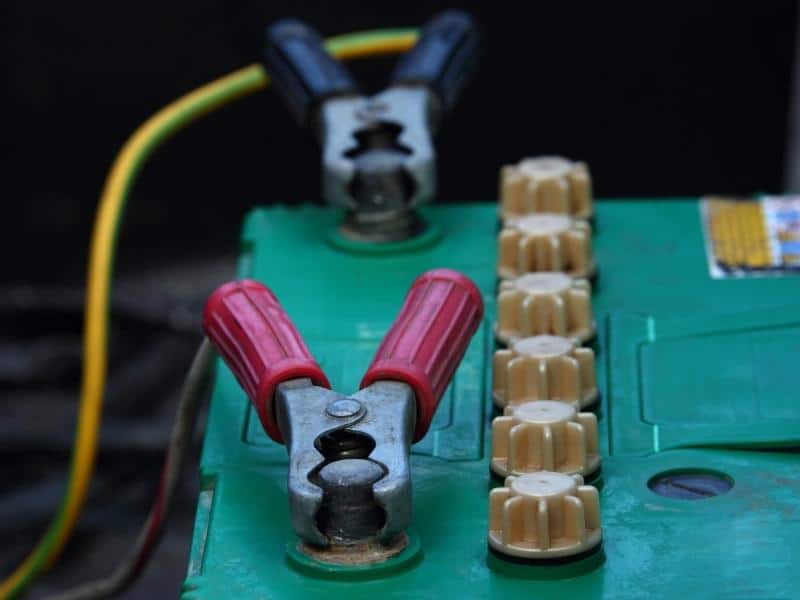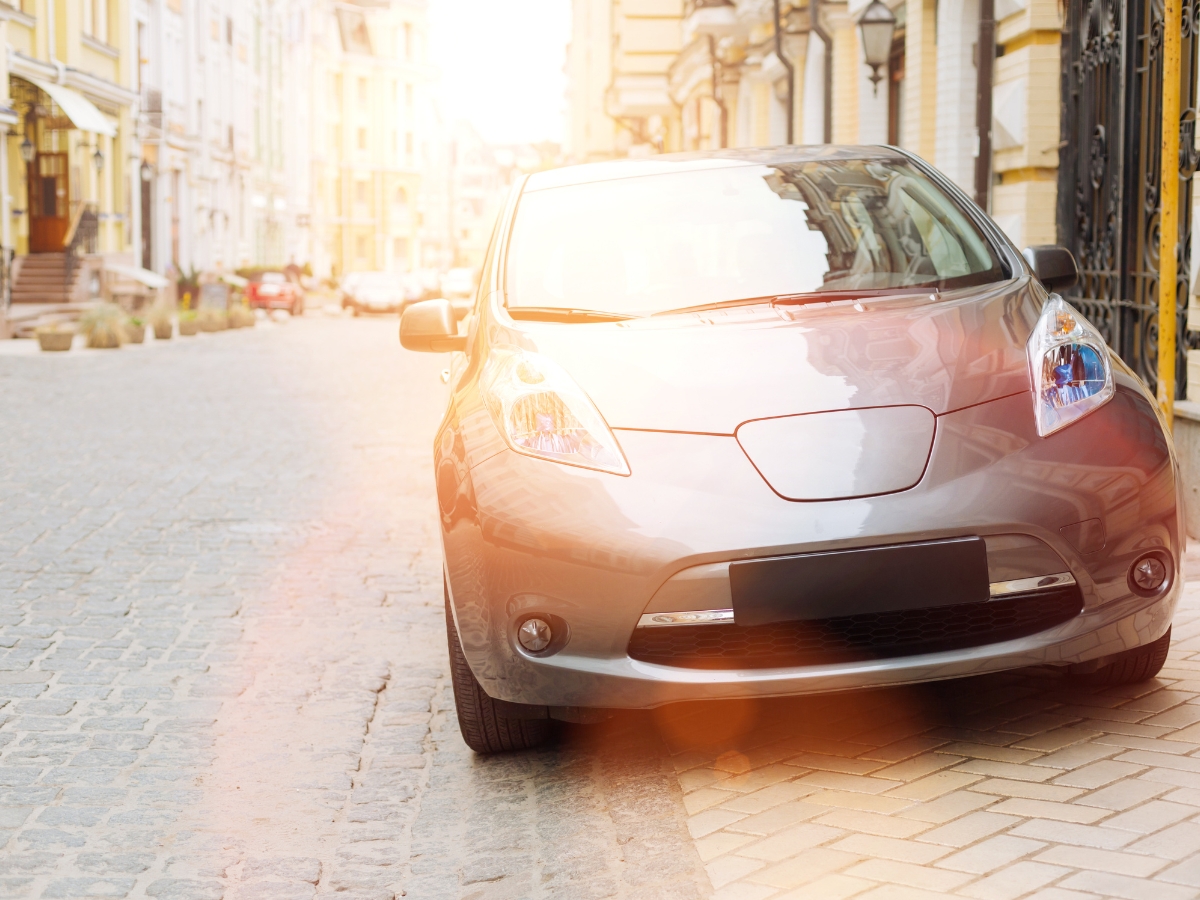12v chargers are great to have around because your house and car run off of 12v batteries. You may also have several power tools lying around your home, but those use 18v batteries.
Like many people, you have probably wondered, can you charge an 18v battery with a 12v charger? Will that 12v charger you have on standby be enough to charge your power tools?
To find the answer to this ever-so-common inquiry, we will have to examine the inner workings of 12v chargers and 18v batteries, as well as some scientific laws.
In the following sections, we will discuss:
- What happens if you charge an 18v battery with a 12v charger
- The composition of 18v batteries
- The steps of functioning for 12v chargers
- Laws of physics
- Ways to charge an 18v battery
Keep reading to explore why batteries require specific chargers. By the end of this article, you will know what to look for when you buy chargers in the future.

Is a 12v Charger Powerful Enough To Charge an 18v Battery?
It’s technically possible to use a 12v charger on an 18v battery, but this is problematic for several reasons, which we will discuss later.
Let’s look at why this is troublesome and alternative options. We will focus on:
- The dangers of charging an 18v battery with a 12v charger
- The mechanics behind 18v batteries and 12v chargers
- The law of conservation of energy and key terms
- Other chargers that are compatible with 18v batteries
You came here with an important question, and there is still so much to learn! Don’t stop now.
What Could Go Wrong if I Use a 12v Charger on an 18v Battery?
First of all, it’s simply inefficient to use a charger with lower voltage than the battery. As a result, charging will last much longer than usual, and the battery will never reach full capacity.
It’s also possible for more complex devices to glitch and even shut off by themselves.
It may even be dangerous to use a low-voltage charger if using a lithium polymer battery. Chargers designed for your battery usually won’t allow you to charge it much below the minimum safe charge.
If you use the incorrect charger, this safety feature would not be in place. By not sufficiently charging that lithium polymer battery, the performance of your battery could be permanently compromised, or the battery itself could be damaged.
How Does an 18v Battery Work?
Like any battery, 18v batteries are full of chemical energy. Once you are ready to use it, the battery turns that chemical energy into electrical energy, which powers your tool. However, 18v batteries are unique in that they are so powerful.
Types of 18v Batteries
18v batteries are not all uniform in nature. There are 2 types, which are labeled based on amps per hour.
2Ah 18v Batteries
2Ah 18v batteries are composed of 5 3.6v cells with 2Ah. These cells connect in series. Therefore, the voltage is combined, but the amp hour rating is not. You will notice that the opposite is true of 5Ah 18v batteries.
5Ah 18v Batteries
On the other hand, 5Ah 18v batteries have 10 cells, split into 2 packs of 5. These packs connect in series, and the 2 packs connect in parallel. In this case, the amp hour rating is combined, but the voltage is not.
5Ah 18v batteries are larger than 2Ah 18v batteries and are usually more powerful.
How Do Chargers Work?
All chargers, regardless of voltage, send an electric current through batteries, and the batteries retain some of that energy.
12v Chargers
12v chargers can offer 2, 3, or 4 stage charging. Most chargers have 3 stages, including:
- Bulk: sending the most current to the battery. At this point, the voltage is consistent.
- Absorption: decreasing voltage sent out by the charger because the battery increases its resistance. At this point, the battery is more ‘full’ of ions, and the charger has to work harder to continue moving the ions into the battery.
- Float: discouraging the battery from self-discharging.
A 12v charger will stand up to the typical resistance of a 12v battery.
The Science Behind It All
There are two key ideas that we will need to understand.
1. Voltage
Voltage is how the energy within a circuit’s measured. It refers to the resistance that the circuit (in this case, the charger) is able to meet when moving charge from one point to another.
Remember that, in the previous section, we discussed the impact of resistance against a charger. The voltage of a 12v charger is 12 (surprise!). Therefore, this is the ability of the charger to move ions into the battery and charge it.
This is where we run into a problem with charging 18v batteries with 12v chargers. An 18v charger has a higher capability of meeting the resistance of an 18v battery because that is its purpose.
2. Conservation of Energy
The basic premise of the law of conservation of energy is that energy cannot be created or destroyed. In other words, energy is constant over time, and the amount of energy won’t change before or after a transfer.
In the case of charging batteries, the transfer is when energy moves from the charger into the battery. Voltage is intertwined with energy, so the voltage will not change during the transfer. If you start with 12v, you will not generate more than 12v.
Your 18v battery will never become fully charged using a 12v charger.
Charging FAQs
How Can I Charge an 18v Cordless Drill Battery Without an 18v Charger?
You can use a:
- Laptop charger
- DIY charger (this option will save you money)
Can I Use a Charger With a Higher Voltage Than My Battery?
This is also a bad idea. A charger with higher voltage than your battery may cause the battery to shut down on its own, but it could become overheated if this doesn’t occur. In this case, the battery could become immediately damaged, or its life could be shortened.
Your safest bet is to stick to using a charger with the same voltage as the battery.
Sources




